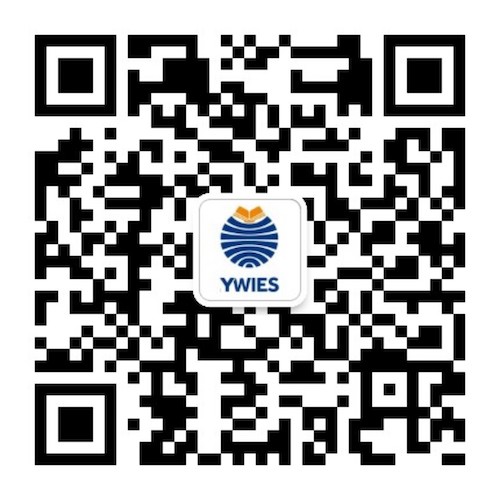Go Back
News
Wechat News
DSE Programme Episode 17
Wechat News
08 Jul, 2025
15 : 51
Students have limited awareness in the Economics subject, as it is not offered in the Chinese Mainland upper secondary curriculum. Economics is a highly popular humanities option in international systems like A-Level, IB, and the Hong Kong DSE. DSE Economics, specifically, is widely regarded as an excellent gateway to fields like Business and Social Sciences. Given its absence in mainland schools, what are the features of its curriculum? And is it truly suitable for mainland students? This article will explore these questions.
Course Content and Suitability Analysis
The HKDSE Economics curriculum covers microeconomics, macroeconomics, and case studies of Hong Kong's economy. While there is some overlap with the economics modules in the Chinese Mainlands politics courses, the HKDSE syllabus is more systematic and international in perspective. It also includes local Hong Kong economic issues (e.g., housing policies, competition regulations), requiring Mainland students to acquire additional background knowledge in these areas.
Assessment
In terms of assessment, HKDSE Economics emphasizes critical thinking, requiring students to analyze and evaluate the pros and cons of economic policies (e.g., minimum wage, tariffs). This differs significantly from the Chinese Mainland memorization-focused approach. Although mathematical concepts such as price elasticity and GDP calculations are involved, the difficulty level is lower than that of Mainland high school mathematics, making it particularly suitable for students with a humanities background.
Subject Value and University Admissions Advantages
HKDSE Economics qualifications are widely recognized by overseas universities, making the subject more practical than Mainland politics courses for students planning to study in Hong Kong or abroad (e.g., the UK, Australia). Compared to highly competitive STEM subjects, Economics focuses more on logical reasoning, offering an advantage to students with strong analytical skills.
Challenges for Mainland Students
Mainland students may face two key challenges when studying HKDSE Economics:
-
Localized Assessment Content: Students must familiarize themselves with Hong Kong-specific economic contexts (e.g., the linked exchange rate system, public housing policies), necessitating supplementary learning.
-
Analytical Emphasis: The exam prioritizes "explanation and evaluation" (e.g., "Analyze the impact of inflation on low-income families in Hong Kong"), requiring an adjustment from the Mainland's definition-based memorization approach.
Who Should Study HKDSE Economics?
This subject is ideal for students who:
-
Plan to apply to business-related programmes at Hong Kong or overseas universities (e.g., HKU Economics, LSE), as it offers a competitive edge.
-
Excel in logical analysis over rote memorization and have an interest in social issues (e.g., wealth inequality, environmental policies).
Preparation Tips for Mainland Students
To bridge knowledge gaps, students can:
-
Refer to Hong Kong Economic Times and government statistical reports for local economic insights.
-
Join study programmes offered by institutions like Yew Chung Yew Wah Education Network, which provides tailored resources and organizes field trips to Hong Kong for firsthand experience.
-
Utilize school-based textbooks co-developed by Hong Kong educators, designed to align with Mainland students' learning needs for better comprehension.
HKDSE Economics is well-suited for goal-oriented Mainland students with strong critical thinking skills, particularly those pursuing future studies in business. While challenges like understanding local case studies exist, targeted preparation can transform this subject into a strategic advantage for HKDSE subject selection.




